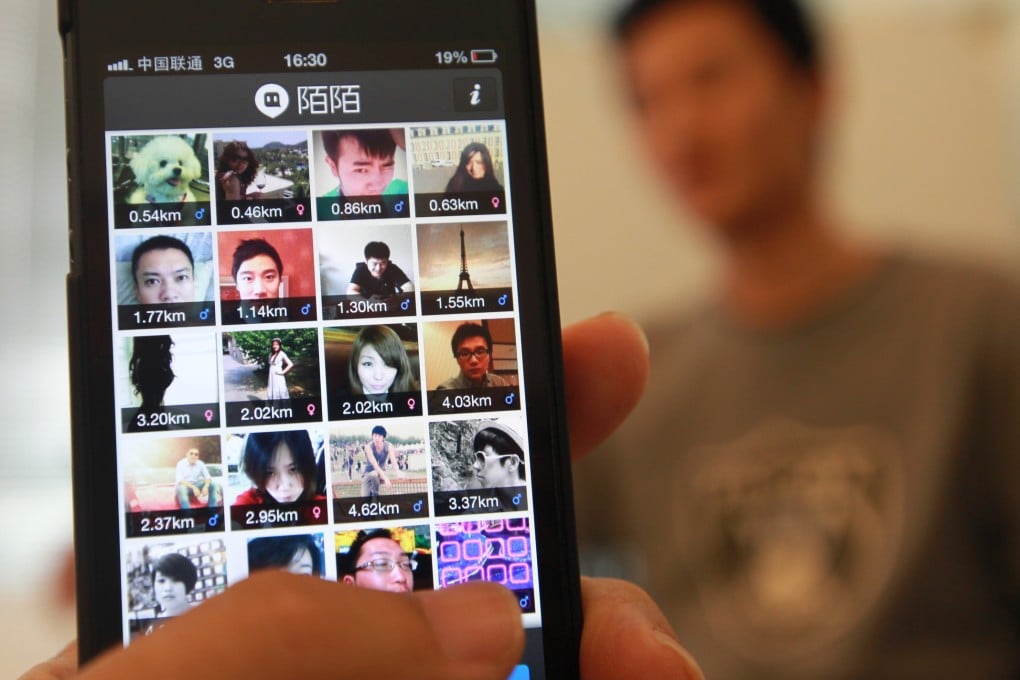Chatter in the microblogging realm this past week was squarely focused on the Double Eleven shopping binge that saw e-commerce sites and smartphone makers log impressive sales on the date also known as Singles Day. But not everyone was boasting about huge sales, as executives from early e-commerce leader Dangdang (NYSE: DANG) and smartphone aspirant Smartisan were both uncharacteristically quiet on their microblogs, hinting at mediocre results on the shopping holiday.
The situation was just the opposite at e-commerce leader Alibaba (NYSE: BABA), which single-handedly commercialized a day that now generates more sales than even Black Friday or Cyber Monday in the US. That rapid success in such a short time was putting a strain on Alibaba's Alipay electronic payments arm, which reportedly was restricted to processing payments from Alibaba's own e-commerce sites. That meant other companies' sites often couldn't accept Alipay for payments on their sites during the day.
Meantime, one of the few pieces of non-Double Eleven news saw PC giant Lenovo (
0992.HK) hinting that it will soon make a major new push in its home market for its recently acquired Motorola brand. Motorola was once a household name in China and much of the world, but has faded into relative obscurity in recent years as it got overtaken by more aggressive smartphone makers like Apple (Nasdaq: AAPL), Samsung (Seoul: 005930) and even Chinese up-and-comer Xiaomi. But Lenovo is aiming to reverse that slide, following its recent purchase of the faded brand from Google (Nasdaq: GOOG).
I'll admit I'm personally suffering from a bit of a hangover related to all the recent Double Eleven coverage, which culminated last Tuesday on November 11. The day saw Alibaba post a staggering 57.1 billion yuan (HK$72 billion) in sales on its main shopping platforms, up an impressive 63 per cent
from last year. The marketing savvy Xiaomi was one of the few other companies able to make its way into the headlines that day, pointing out that its sales in the first four hours of Double Eleven surpassed its total for all of last year.
Xiaomi's CEO Lei Jun was among the field of smartphone and e-commerce executives who later updated their final Double Eleven sales, saying his company had sold 1.16 million smartphones for a total of 1.56 billion yuan ($254 million), accounting for three per cent of all sales on Alibaba's
Tmall platform for the day. Rival smartphone brand Coolpad also did well, with e-commerce president Zhu Fanghao boasting the company posted 560 million yuan
in sales for the day.
Lenovo's usually talkative executives didn't have much to say about their Double Eleven sales, implying the figures weren't so impressive despite its status as one of China's best-selling smartphone brands. Instead, Lenovo's China chief Wei Jianglei was busy expounding on his microblog about Xiaomi's big success, hinting at some envy toward a younger, up-and-coming rival that is now the world's
third largest smartphone brand.

